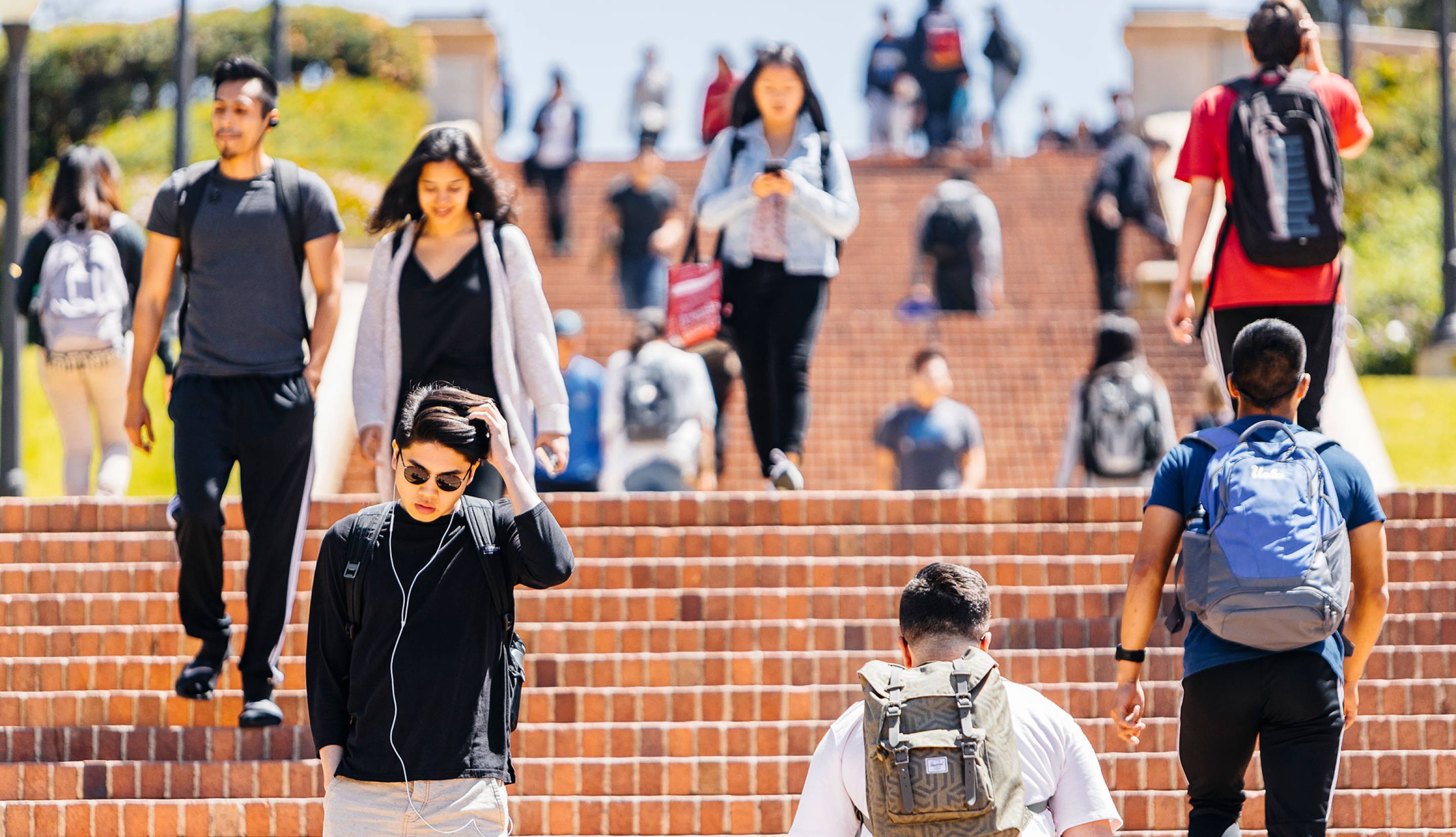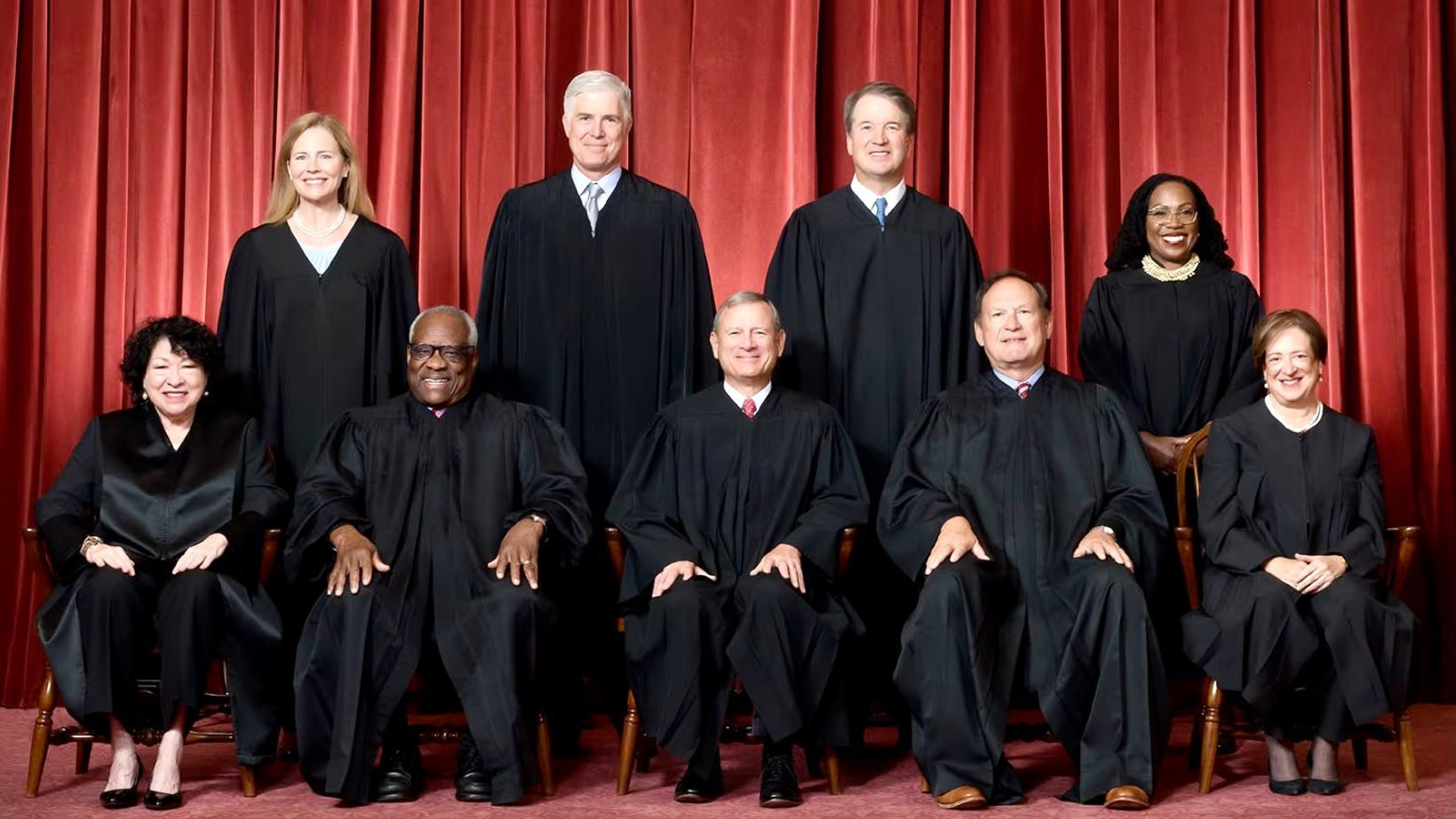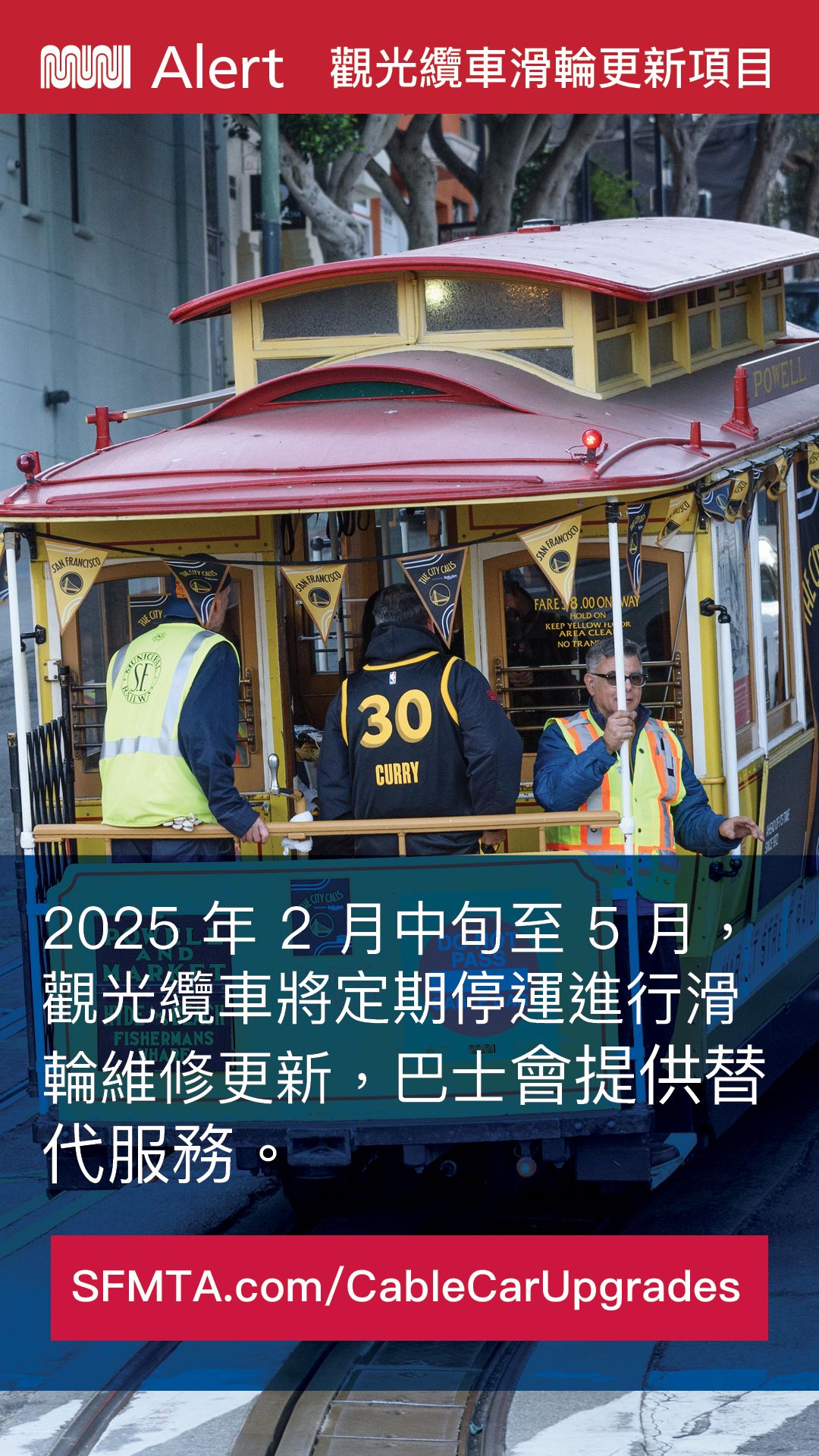Supreme Court votes 6-3 against affirmative action considering race in college admissions


(SAN FRANCISCO) By a vote of 6-3, the U.S. Supreme Court ruled on June 29 against affirmative action considering race in college admissions and affirmed that the admissions programs were unconstitutional violating equal protections.
The latest ruling was one of the race-based college admissions cases heard by the Supreme Court for decades. Last ruling was in 2003 where the majority justices reaffirmed that “student body diversity is a compelling state interest that can justify the use of race in university admissions,” written by Justice Sandra Day O’Connor in Grutter v. Bollinger.
The decision made by the Supreme Court on June 29 was related to the Harvard College and the University of North Carolina cases which were filed by a group called Students for Fair Admissions asking the justices to overrule the prior ruling on the college admissions in the Grutter case. The group was founded by Edward Blum, a conservative activist who had challenged the admissions policy at the University of Texas at Austin in the past.
Chief Justice John Roberts writing for the majority explained in the latest ruling that college admissions programs could consider race merely to allow applicants to explain how their race influenced their character that would have an effect on the universities. But a student “must be treated based on his or her experiences as an individual — not on the basis of race,” Roberts wrote.
The majority of the justices overruled the Supreme Court's 2003 decision in Grutter v. Bollinger, in which the court upheld the University of Michigan Law School’s consideration of race "as one factor among many in an effort to assemble a student body that is diverse in ways broader than race."
Justices Clarence Thomas, Samuel Alito, Neil Gorsuch, Brett Kavanaugh, and Amy Coney Barrett joined Roberts in the majority.
Justice Sonia Sotomayor dissented in an opinion that was joined by Justices Elena Kagan and Ketanji Brown Jackson.
"Today the Court concludes that indifference to race is the only constitutionally permissible means to achieve racial equality in college admissions. That interpretation of the Fourteenth Amendment is not only contrary to precedent and the entire teachings of our history, but is also grounded in the illusion that racial inequality was a problem of a different generation," Sotomayor wrote.
"Entrenched racial inequality remains a reality today. That is true for society writ large and, more specifically, for Harvard and the University of North Carolina, two institutions with a long history of racial exclusion," Sotomayor wrote. "Ignoring race will not equalize a society that is racially unequal. What was true in the 1860s, and again in 1954, is true today: Equality requires acknowledgment of inequality."
Justice Kavanaugh wrote his own concurring opinion in which he acknowledged that “racial discrimination still occurs and the effects of past racial discrimination still persist.” He observed that federal and state civil rights laws and other paths could deter and provide remedies for current acts of racial discrimination, while governments and universities could also use race-neutral methods to remedy past discrimination.
In 1996, 55% California voters passed Proposition 209 to prohibit affirmative action programs in any public employment, public contracting and public education.
24 years later in 2020, supporters of affirmative action were able to put Proposition 16 on the statewide ballot to let the voters decide if they wanted to repeal Proposition 209's ban of affirmative action programs in public education. 57% California voters insisted they were in favor of the ban and rejected the measure.
Chancellors of three public higher education systems in California, University of California President Michael V. Drake, California State University Interim Chancellor Jolene Koester, and California Community Colleges Chancellor Sonya Christian, issued a joint statement in response to the Supreme Court's latest ruling on the use of race in college admissions.

"As leaders of California’s public higher education institutions, we are disappointed by the Supreme Court’s decision this week to prohibit the use of race in college admissions. The benefits of campus diversity are clear: It leads to higher quality education for all by reflecting a plurality of ideas and perspectives, and it results in increased community benefit when diverse graduates enter the workforce," chancellors said.
"Diversity, equity, inclusion, and belonging are core values at our institutions. We will continue to support programs and practices that seek to address historical inequities and ensure that our colleges and universities are reflective of California’s rich and dynamic diversity. We remain committed to creating educational opportunities for all Californians so that they can reach their full potential and so that all California communities can thrive," chancellors added.
"This is a deeply disappointing decision by the Supreme Court. It will do long-term damage to our ability to build diverse and robust institutes of higher education," U.S. Senator Dianne Feinstein commented.
California Governor Gavin Newsom condemned the majority opinion on affirmative action. "As Justices Sotomayor and Jackson put it powerfully, no one benefits from ignorance: diverse schools are an essential component of the fabric of our democratic society. While the path to equal opportunity has now been narrowed for millions of students, no court case will ever shatter the California Dream. Our campus doors remain open for all who want to work hard — and our commitment to diversity, equity, and equal opportunity has never been stronger,” Newsom said in a statement.
Asian Americans Advancing Justice, an affiliation of five independent Asian American civil rights organizations across the nation, denounced the decision as an attack on civil rights and called for an increased commitment from universities and policymakers to ensure equitable opportunities for all students and diversity in higher education.
"For Asian Americans, this ruling will particularly harm Pacific Islander, Native Hawaiian, and Southeast Asian communities who continue to face significant barriers to higher education," Asian Americans Advancing Justice said.
Friends of Lowell Foundation applauded the Supreme Court’s ruling in a statement. "This ruling, which declares the admissions programs at Harvard and UNC unlawful, prohibits the use of racial preferences that do not meet Constitutional strict scrutiny standards. Those programs resulted in blatant and egregious long-standing discrimination against Asian Americans."
Three weeks prior to the Supreme Court ruling, on June 8, Pew Research Center released a new national survey of Asian Americans' views on affirmative action.
The survey indicated that the majority of Asian Americans (53%) who have heard of affirmative action were in support of the program, while 19% were against it and 27% had no opinion on affirmative action.
On the other hand, 76% Asian Americans who participated in the survey responded that race or ethnicity should not factor into college admissions decisions.
Among six largest Asian ethnicities, Chinese Americans (45%) were least likely to support affirmative action. Vietnamese came second least likely at 48%. Indian Americans were most supportive of affirmative action at 60%, Filipino 57% and Japanese 56%.
American-born Asian Americans were more likely to support affirmative action at 56%, while 52% Asian immigrants like the idea, according to the survey conducted by Pew Research Center from July 5, 2022 to January 27,2023.
- In a 52-2 vote, Chinese American Democratic Club endorses to recall Supervisor Engardio as a result of passage of Proposition K
- An amnesty program in San Francisco is back through July 1, 2025 to legalize existing awnings
- Opinion: Political betrayal warrants recall
- Do empty yellow loading zones best serve the San Francisco Chinatown community?
- T&T Supermarket, largest Asian grocery chain in Canada, announces to open at San Francisco City Center on Geary Blvd. in winter 2026
- (Breaking news: Charlene Wang wins in the Oakland's special election) Charlene Wang runs for Oakland District 2 Councilmember on April 15, 2025 to represent Oakland Chinatown
- Mayor Lurie announces plans to support small businesses including First Year Free program waiving fees for new businesses
- 12 speed safety camera systems out of 33 begin to operate in San Francisco by first issuing warnings instead of citations for 60 days






